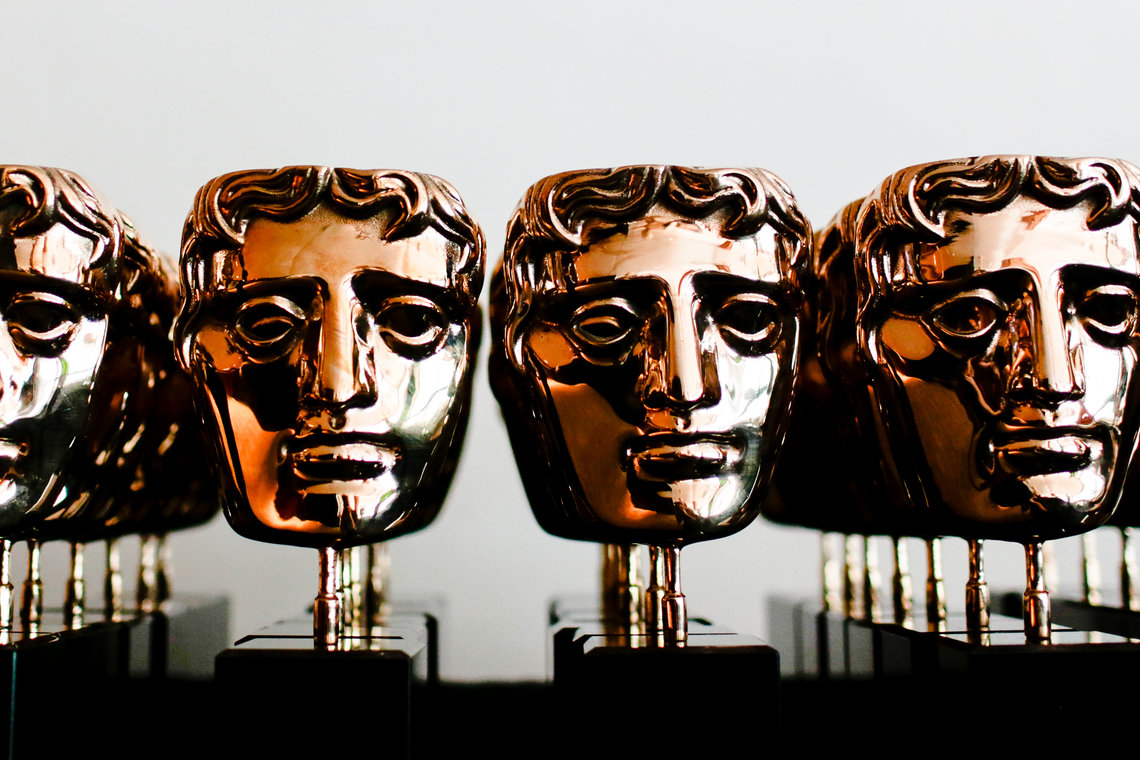It’s time to find out the nominees for one of the most star-studded nights for television; but much like the TV shows themselves, there is drama, controversy and snubs galore surrounding this year’s nominations.
First up, leading the way with a whopping fourteen nominations is Killing Eve, scoring a Best Drama nomination, two nominations in the leading actress category for both Eve (Sandra Oh) and Villanelle (Jodie Comer) respectively. However, there is some controversy surrounding its nomination in the Best Drama category because in this category, only British-produced television programs can be considered. Although Killing Eve is a shared venture between the BBC and BBC America, for it to be considered for the Best Drama category, it “must have had a worldwide premiere transmission in the UK” according to the BAFTA rules. The show aired in America first, as is the ongoing second season. This means that in regard to award classification, some have argued that it should be considered an international television program, which includes shows like The Handmaid’s Tale and Succession. When asked to comment on its categorisation, the BAFTA argued that significant creative contribution came from key talent residing in the UK, both in front of (with actresses Jodie Comer and Fiona Shaw, who has also received a Supporting Actress nomination, and a British majority cast) and behind the camera (the show was adapted, written and directed by Brit Phoebe Waller-Bridge, who also created and starred in Fleabag). Thus, the show was developed, filmed and underwent post-production in the UK; showing that whilst it was partly funded by the US, it is still a very British program.
Additionally, the Leading Actor nominees caused outrage on social media, as fans took to Twitter to vent their frustrations that Richard Madden’s performance in The Bodyguard, which in January won him a Golden Globe in the same category, was not even nominated. Despite this snub, The Bodyguard received a number of nominations, including Drama Series, and Leading Actress for Keeley Hawes. The lucky nominees are Hugh Grant (A Very British Scandal), Benedict Cumberbatch (Patrick Melrose), Lucian Msamati (Kiri) and Chance Perdormo (Killed By My Debt), resulting in a hotly debated category in which any of these actors could and deserves to win.
It can be noted that the one streaming service that viewers probably spend the most television time on is notably absent, as Netflix only received two nominations overall, for Single Drama which sees Black Mirror- Bandersnatch nominated and in a public vote category of Must-See Moment, for Tom’s Transformation in Queer Eye. BAFTA, like its film contemporary, is hesitant to adapt to modern viewing audiences preferences, preferring to nominate mainstream programs that are aired on television, made by the likes of the BBC, Channel 4 and Sky. These shows dominate the nominations, with the BBC leading, receiving a staggering total of 54 nominations across all of its broadcasting services, leading the way.
Soap fans were left furious when their favourite was excluded, as there are only four nominees per category and this year sees Casualty, Coronation Street, EastEnders and Hollyoaks duking it out. However Emmerdale and Holby City fans were left angered as their favourite soap was snubbed.
Despite the tensions and disappointment, the nominees for this award show are notably more diverse than ever before. A female-fronted and created television program leads the nominations, highlighting that television is doing somewhat better than its cinematic counter-part, which failed to nominate any female-directed projects.
Whether you are happy or not with the nominations, it cannot be argued that some great television has been made this past year.
Phoebe Walker
Image: BAFTA

